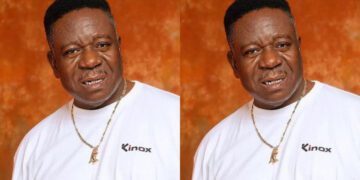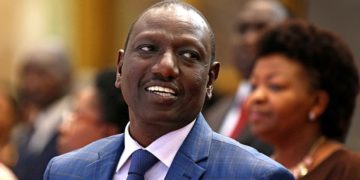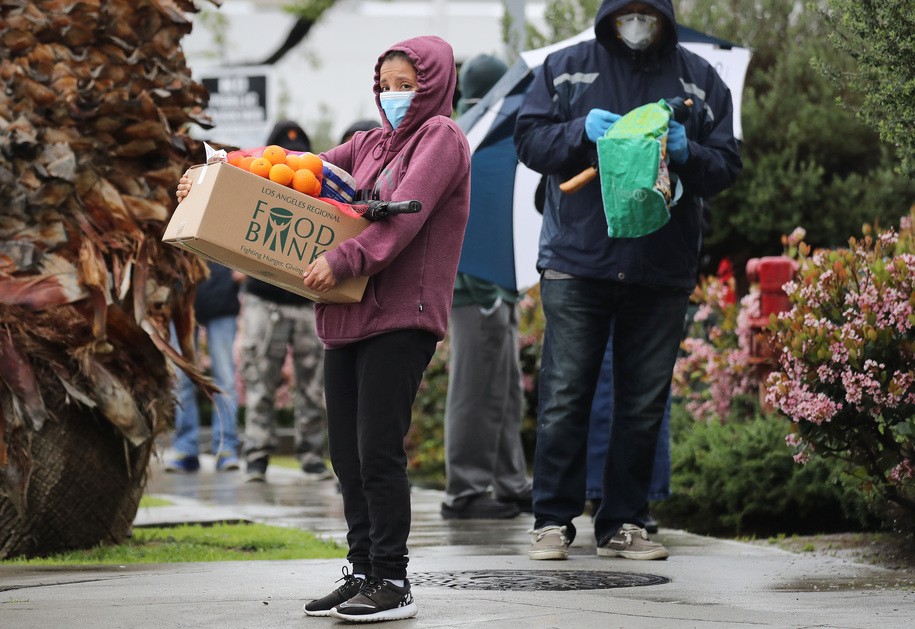[ad_1]

It’s been three weeks since the country embarked on a lockdown to stop the spread of Covid-19.
Initially, President Cyril Ramaphosa said the lockdown would end on 16 April. However, that was extended for two weeks until 30 April.
LIVE | All the latest coronavirus and lockdown updates
While this is daunting, it provides us with an opportunity to reflect on what we have learnt about Covid-19 and the country’s response to the pandemic over the past 21 days.
South Africa’s commendable response
There wasn’t a country around the world that was ready for Covid-19.
Based on what was happening in other countries, South Africa decided to implement a lockdown early.
While the early response to the pandemic is not likely to prevent the exponential spread of Covid-19, it bought the country time to prepare for what scientists call an “almost inevitable” dramatic rise in infections. Projections show that the disease is likely to peak in SA later this year.
A goldmine of experts and researchers
South Africa is slowly learning the names of some of the world’s best proudly South African scientists, such as Professor Salim Abdool Karim, Dr Glenda Gray, Professor Koleka Mlisana, Dr Brian Williams, Dr Natalie Mayet and Dr Kerrigan McCarthy, who are all part of the government’s advisory committee.
Epidemiologists, virologists, immunologists, mathematicians, statisticians and many other experts have made themselves available to assist the government to make decisions.
We have also seen public and government officials who have technical expertise, especially in medicine and science, come to the fore and flourish, providing leadership when it is needed the most.
A public health system at risk
The Covid-19 pandemic has put tremendous strain on even the best health systems across the globe as thousands of Covid-19 patients flood in.
South Africa’s notoriously weak public health system has always been at the forefront of the government’s lockdown plan, as Karim outlined.
Medical preparations began for the peak infection period as well and field hospitals, where patients can be triaged before flooding hospitals, were identified and set up.
Karim said there was major concern over the healthcare system’s readiness and availability to deal with the number of patients who would require care.
Many of us have also learnt about personal protective equipment (PPE) for healthcare workers which is been scarce, putting frontline workers at risk. Many of them have already become infected.
The lockdown has been used an opportunity to ramp up testing. But we are still not where we should be when it comes to the number of people who have been tested. This is mainly due to access to testing kits.
What leadership looks like
During the lockdown, South Africa has seen first-hand what good leadership looks like.
The strong leadership we have seen from the government has shown us the standards we can and should expect from here on. Many have praised the transparency from leaders. It hasn’t been perfect but the bar has been raised.
The government has shown us that it is capable of responding immediately to the basic needs of large groups of people and fulfilling access to basic human rights – something they should have responded to a long time ago.
For example, Water and Sanitation Minister Lindiwe Sisulu directed her department to increase provisions in informal settlements and rural areas shortly after South Africa recorded its first Covid-19 case. Yet this is something the government has seemingly been struggling with for a long time.
A humanitarian crisis looming
We have learnt about the negative impact the lockdown has had on the country’s poor.
Many people who have been living from hand to mouth now have no income streams, no food and no way to survive during the lockdown.
While the government has promised food parcels and economic relief for those who are struggling, many families are still going hungry and this has led to protests across the country.
Policing the lockdown
We have also seen allegations of heavy-handedness and aggressive measures police have taken to implement the lockdown.
People who are simply unable to abide by the lockdown regulations in congested areas have allegedly been made to do strenuous and humiliating exercises in the street. Some have been assaulted, arrested or fined.
Some who have not obeyed the regulations have died, allegedly at the hands of law enforcement officers.
In the last report which the Independent Police Investigative Directorate (IPID) released on 2 April, it emerged that three deaths, allegedly as a result of police action, were under investigation.
In Alexandra, Johannesburg, a murder case was opened when a 40-year-old man died after soldiers allegedly assaulted him on 14 April.
A wrecked economy
The lockdown has also highlighted that without productive people, there is no economy. Now that South Africa’s workforce is unable earn a wage, especially those in lower income brackets, the country’s economy has taken a knock.
Economists have warned that the impact of Covid-19 might set the economy back by six years.
We have banded together
But in the midst of harsh economic conditions, limited freedom of movement, limited access to basic goods and services, most South Africans have managed to follow the president’s directives with the common understanding that it is for their own good and that of their fellow citizens.
Perhaps this unity is the proverbial silver lining we should take away from our experience when looking at the lessons we have learnt.
– Stay healthy and entertained during the national lockdown. Sign up for our Lockdown Living newsletter. Register and manage your newsletters in the new News24 app by clicking on the Profile tab


















